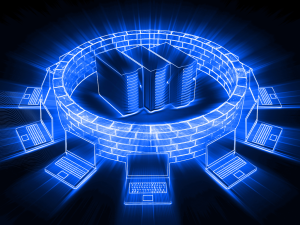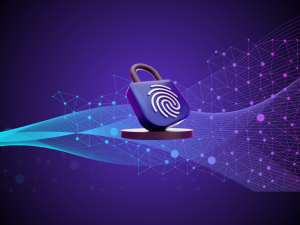Stronger Email Authentication Measures on the Horizon
Google is ramping up its efforts to enhance email security by enforcing stricter DMARC (Domain-based Message Authentication, Reporting & Conformance) policies. This move is aimed at reducing phishing attacks, email spoofing, and other malicious activities that target users through compromised or fraudulent email domains. As organizations adapt to these heightened security measures, many are facing challenges in configuring DMARC correctly, ensuring legitimate emails are not mistakenly flagged or rejected.
The Impact on Businesses and IT Teams
While Google’s initiative strengthens overall email security, it also poses new compliance and implementation hurdles for businesses. Many organizations, especially those with complex email infrastructures, are struggling to align their systems with DMARC requirements. Ensuring proper SPF (Sender Policy Framework) and DKIM (DomainKeys Identified Mail) configurations is essential to prevent disruptions in legitimate email communications. As a result, IT teams are under pressure to audit, adjust, and monitor email authentication settings to maintain secure and reliable email delivery.
Ascend Education’s Perspective
At Ascend Education, we recognize the increasing demand for strong cybersecurity skills in light of evolving email security policies. As businesses and IT professionals work to implement DMARC effectively, having the right cybersecurity knowledge is crucial. Our cybersecurity training programs, including courses on email security best practices, phishing prevention, and domain authentication, equip IT professionals with the expertise needed to safeguard email communications.
As email security threats continue to evolve, staying ahead of authentication standards like DMARC is essential for protecting sensitive information and maintaining trust in digital communications.





